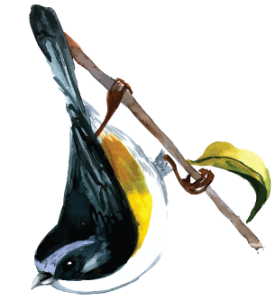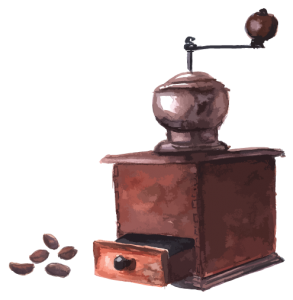Pulitzer Prize–winning poet Gary Snyder states poetry is a lion because it eats and intensifies natural speech. Consider a form of language that eats and intensifies. Poetry allows the surprising imagery of the unconscious (the complexity of human emotion and memory) to be articulated by the logical structure of speech (the eating). When the unconscious images are brought into the light through imagery, sound, and metaphor, transformation can take place. The very meaning of metaphor is linking two unlike objects together, making a new connection. Marion Woodman, a noted psychotherapist, concluded once we become in touch with archetypal imagery, the image moves in, which alters the neurotransmitter system and changes the immune system, and healing can then begin.
Growing up in a typical dysfunctional 1950s household, I found poetry became my saving grace. I expressed frustration, anger, and separation in poetry and watched its images transform my feelings into something mysterious and powerful.
I call poetry a soothsayer for it illuminates unconscious material and reveals self-truths the rational mind has no knowledge of. In my teens, I wrote poems, but I hadn’t a clue what they meant until two years down the road. That happens. T.S. Eliot says the poems he loved the most he didn’t understand. I believed he loved the mystery of poetry.
Stanley Kunitz writes, “Poetry wants to come out of your wilderness, your deepest Africa. Immerse yourself in your body and find constellations of images that are uniquely yours.” What a wonderful image, your deepest Africa, a place that is wild, dangerous and beautiful. By writing poetry, each individual has the opportunity to bridge the unknown wild images of the unconscious to the conscious mind. The logical structure of language becomes a constellation, shedding light on what has remained hidden, displaying a beautiful pattern of sound and images.







